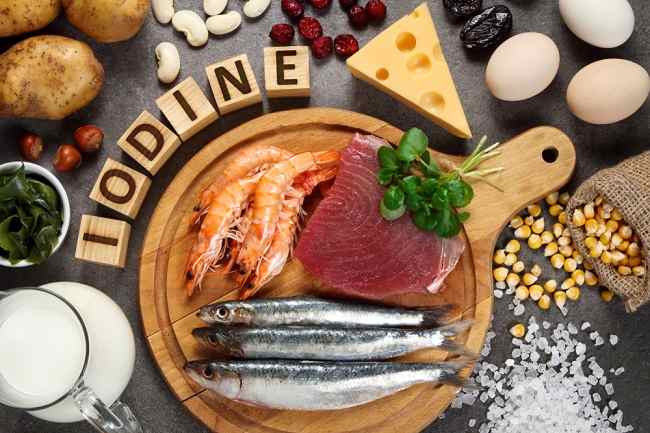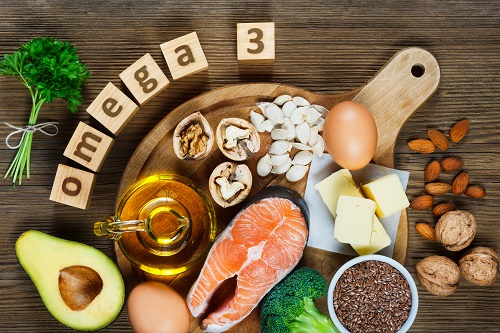1. Folic Acid
.jpg)
One of the essential nutrients for a successful pregnancy program is folic acid. Every woman of childbearing age needs 400 micrograms of this nutrient daily. Folic acid is found in various leafy green vegetables, nuts, oranges, and some vitamin supplements. This nutrient can help reduce the risk of birth defects in the brain and spinal cord.
Folic acid is most beneficial during the first 28 days after conception when the risk of neural tube defects occurs. However, many women are unaware they are pregnant before reaching 28 days.
Therefore, it is important to regularly consume foods rich in this nutrient before and during pregnancy. Food sources rich in folic acid include fish and various dairy products, such as yogurt, cheese, and more.
Want to know good folic acid options for mothers? Read this article: “7 Sources of Folic Acid That Are Good for Pregnant Women”
2. Iron
.jpg)
Many women have low iron reserves due to monthly menstruation and a low-iron diet. However, this nutrient is essential during a pregnancy program to help prepare the mother’s body for the needs of the fetus when pregnancy occurs.
Some foods rich in iron include red meat, poultry, fish and shellfish, green vegetables like broccoli and kale, legumes such as green beans and peas, and whole wheat bread.
3. Calcium
.jpg)
Having strong bones is one form of preparation before pregnancy. You can achieve this by meeting your daily calcium needs.
Women need 1,000 milligrams of calcium per day, and this requirement increases as the pregnancy progresses. If your body lacks calcium, the fetus will take calcium from your bones, increasing your risk of osteoporosis. Calcium can be found in milk, yogurt, cheese, salmon, sardines, and rice.
4. Iodine

Iodine is also one of the nutrients that should be consumed before and during pregnancy. Iodine is needed during pregnancy to help the development of the baby's brain and nervous system. Iodine deficiency during pregnancy poses many risks to the baby, such as brain damage and mental defects.
In addition, iodine deficiency can increase the risk of miscarriage, premature birth, and stillbirth. Adequate iodine intake before and during pregnancy can prevent these unwanted outcomes.
Therefore, before pregnancy, you should meet your body's iodine needs. Women are recommended to consume 150 mcg of iodine per day before pregnancy. Food sources containing iodine include dairy products, eggs, and seafood (especially from the sea or saltwater).
5. Omega-3 Fatty Acids

Women need a lot of omega-3 fatty acids during pregnancy. Omega-3 fatty acids are transferred from the mother to the fetus through the placenta to support the fetus's growth and development. They are needed for the development of the central nervous system, brain, and retina in the fetus. Adequate omega-3 fatty acid intake during pregnancy is associated with the development of the baby after birth.
Moreover, according to research published in the European Journal of Obstetrics & Gynecology and Reproductive Biology, this nutrient can help reduce the likelihood of premature birth by up to 58 percent. Therefore, it is no surprise that you are advised to meet this nutrient requirement before pregnancy.
The best sources of omega-3 fatty acids are fish and fish oil. However, avoid fish with high mercury content, such as shark, swordfish, and marlin. High mercury levels in fish can harm the nervous system of the fetus.
So, those are some nutrients that need to be fulfilled to ensure a successful pregnancy program. If you want to know more about pregnancy programs or have health concerns during pregnancy, consult directly with a doctor on Newfemme!

